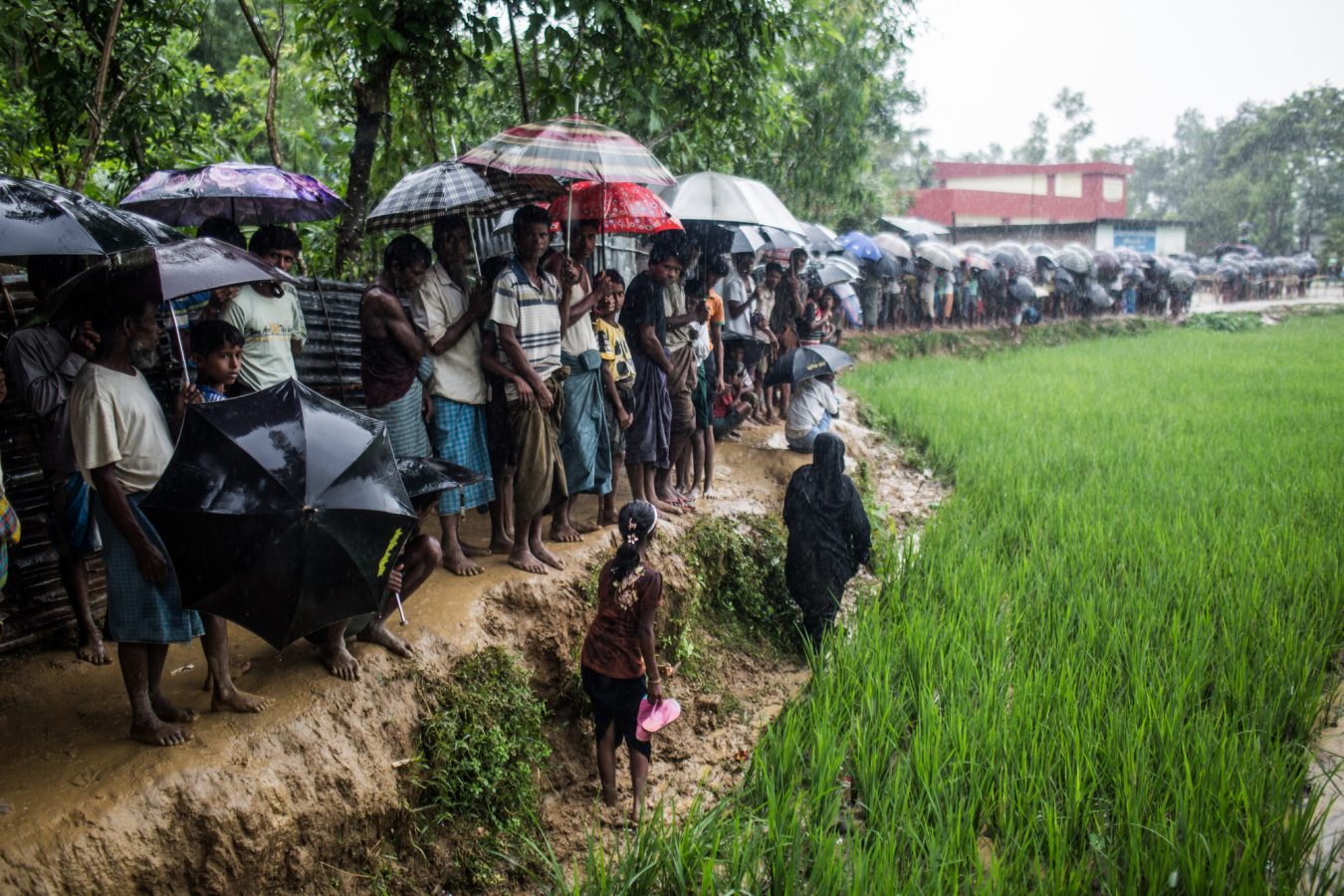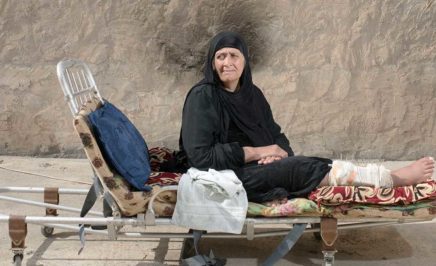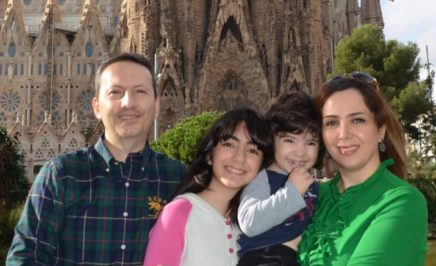On World Environment Day Alice Appel, runner-up of our 2018 Blogging Competition, looks at the human cost of climate change and the effects of climate disasters on countries around the world.
Climate Refugee. These words combined can often trigger unease and frustration. The UNHCR estimates that an average of 21.5 million people each year have been forcibly displaced by weather-related natural disasters. And instances of fertile land becoming desert, sea level rises and changes in soil composition – which all impact the migratory flow of people – are increasing. However, forced migration from climate-related disasters is not yet included in the definition of refugee in the 1951 Refugee Convention.
Anthropogenic climate change – otherwise known as global warming – puts pressure on social systems and communities and it is unsurprising people are being forced to relocate and seek refuge in foreign lands. But the misnomer in the climate change and migration discourse is the framing of the problem as a flaw of developing countries and faulting these communities as incapable of adapting.
Climate change highlights the drift between Western lifestyle and the earth’s ecosystems. Industrialisation and modern economics has pegged humanity’s success to commodities and trade. Taking our global society down a destructive path and ignoring obvious indicators such as rising air temperature is counterintuitive to conservation of life on earth.
The knowledge and approach urgently needed to tackle the consumption rate of fossil fuel around the world today, comes from the resilient people on the ground facing the effects of climate change.
Fiji
Fiji has stepped up to the global stage to boost the voices of people bearing the consequences of climate change. The glorious archipelago of 3,000 islands – home to 900,000 people – has begun the process of relocating townspeople to new villages and is planning to move 45 coastal villages over the next 5 to 10 years to escape coastal floods. Fiji was the first country to ratify the 2016 Paris Agreement on climate change.
Prime Minister Frank Bainimarama presided over last year’s Cop23 in Bonn and loss and damage compensation was prominent on his agenda. As those living in Fiji know, with every inch of sea-level rise, 10 square feet of arable land is lost. Under Bainimarama’s leadership, COP23 became a Talanoa Dialogue and the Fijian Prime Minister highlighted there wouldn’t be negotiations but “straight talking” focused on actions and ambitions to address the rights to clean water, air and better quality of life.
Bangladesh
Straight talking happens on a grassroots level in Bangladesh as well. Located in a disaster prone region of the world, flooding is a regular threat. Eighty per cent of the country is situated on flood plains and riverbank erosion has displaced between 50,000 and 200,000 people annually. Research shows climate-related disasters compound social vulnerabilities and poverty. 24.3% of Bangladesh’s population live in poverty and when flooding consumes their villages, they must seek work in urban areas and migrate. These coastal towns are dependent on agriculture and when landmass decreases, employment and the economy fail as well.
Education, decentralisation and improved infrastructure could help reduce damage and risk across Bangladesh and in other affected areas around the world.
What comes next?
The economies of China, the European Union and the United States contribute to more than half of the total global emissions, while the bottom 100 countries account for just 3.5 per cent – with Bangladesh contributing as little as 0.3 per cent to global emissions.
Julie-Anne Richards at Climate Change Advocacy argues the next stage of climate change talks must focus on financial retribution and could include “a global fossil fuel extraction levy, or aviation levies, or financial transaction taxes. There are a number of ways of raising funds that won’t come from government treasuries, and will instead come from the industries that are causing climate change.”
Unlike armed conflict, climate change doesn’t have a battlefield but the suffering, loss and displacement make it a human rights issue. To atone for the obvious imbalance of natural resource consumption Western society must accept responsibility and acknowledge that resilient nations like Fiji and Bangladesh will lead society forward with a strategy that respects nature.
A degree stuffed down her pants, Alice Appel is a freelance writer and filmmaker travelling naturally. She’s lived in Mexico, Japan and Barcelona but originally from a backyard in Sydney. Writes what her conscience says.



